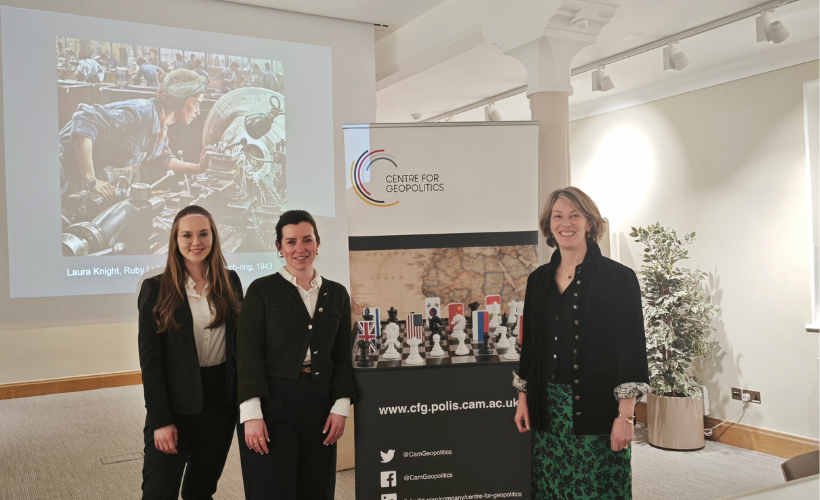By Marietta van der Tol & Sophia Johnson
Right-wing political parties tend to operate on the end of a political spectrum. But of course, beyond the “right” of right-wing movements exist all sorts of variations of radical- and extreme-right cells and networks (hereafter: the far-right). Some of these openly associate with right-wing parties: this became quite visible when support for Trump was mixed with antisemitism, racism, conspiracy-theories and the violent storming of the US Capitol. This open association is not necessarily the norm in countries where such networks must operate more carefully, under the radar even, in order to avoid public prosecution. With regards to this open association, right-wing movements are sometimes accused of mainstreaming extremist ideas, behaviour and violence. But there is another side: it seems that right-wing movements can also function as “moderating spaces”. Moderating spaces in which far-right rhetoric is more “softly” appropriated and which may compromise the recruitment potential of the extreme right.
In her recently published book, Dutch security expert Nikki Sterkenburg shows that people on the far-right can feel positively about the appropriation of their ideas by right-wing political parties. For example, when these parties are campaigning against (Muslim) migration, call out liberal elites, or when they support policies that benefit families. These themes matter to people on the far-right, especially when they feed into fears of “the Grand Replacement” and dissatisfaction about globalisation. But at the same time, right-wing political parties are usually perceived to not be radical or committed enough: they would not actually create a new political order and nor would they commit to violence. Those on the far-right might worry that right-wing politics are “too soft” when push comes to shove. Moreover, they might worry that the “hijacking” of their ideas by right-wing political parties limits the recruitment potential of the far-right, and thereby weaken it.
In the Netherlands, the party Forum for Democracy is an elitist right-wing alternative for Geert Wilders and his Party for Freedom. In rallies leading up to Parliamentary election in March 2021, Forum’s leader Thierry Baudet played with conspiracy theories and suggested the Nuremberg trials would not have been legitimate – a move he made in conversation with a self-proclaimed neo-Nazi attending one of his rallies. This came in the wake of discussions about antisemitic comments made in private by Baudet as well as younger members of his party. In Hungary, Viktor Orbán’s Fidesz party is seeing significant competition further to the right, by the Jobbik party, which is more radical than Fidesz and which has more explicit ethno-nationalist and antisemitic roots. Jobbik has been slightly moving away from the far-right and we see that Orbán has entertained slightly stronger rhetoric on migration and Europe for example, to maintain his powerful position on the right.
From a political perspective, this might appear to be clever – rational – strategizing, even if it amounts to a “hijacking” of the far-right. In this sense, right-wing parties do contribute quite significantly to the mainstreaming of the far-right. Yet this mainstreaming goes hand in hand with the potential to moderate them; and even to limit their recruitment potential. Difficult as it may be to understand, right-wing movements occupy this unique “moderating space” precisely because of their proximity to (and mixing with) the far-right. A space that would be difficult for ordinary conservative and centrist parties to fill, and, a space that is in some sense needed for moderating, and to some extent, containing the danger of the far-right.







